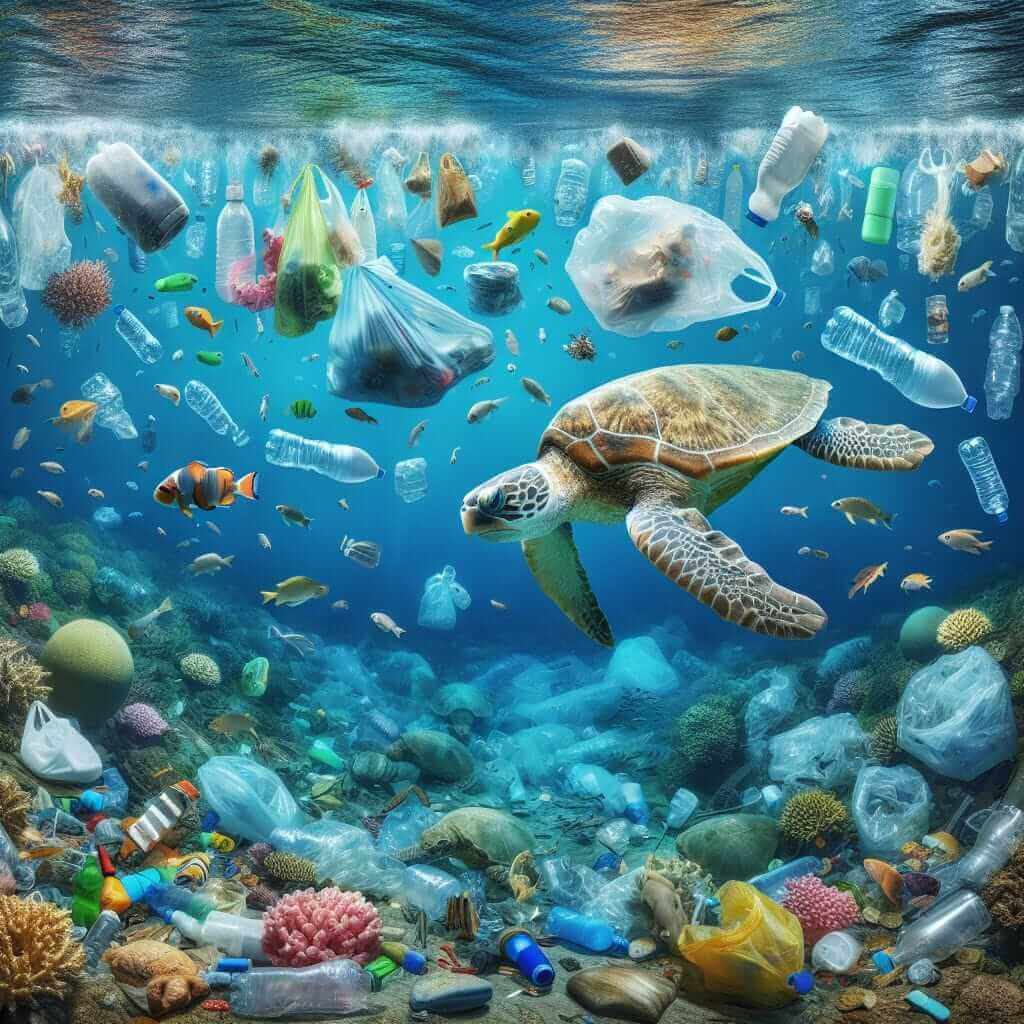Understanding the Importance of Environmental Issues in IELTS Reading
As an IELTS instructor with over 20 years of experience, I often see students struggle with the IELTS Reading section, especially when encountering passages on unfamiliar or complex topics. One such topic that frequently appears, and often throws students off, is environmental issues. This is not surprising given the growing concern about the state of our planet.
Understanding the context of “what is happening to our planet” is crucial not just for the IELTS exam but also for your role as a global citizen. The IELTS exam often features reading passages about climate change, pollution, deforestation, and their impact on various ecosystems and human life.
Approaching IELTS Reading Passages on Environmental Issues
Don’t let the scientific jargon intimidate you. Remember, the IELTS Reading test assesses your comprehension skills, not your knowledge of environmental science.
Here’s a breakdown of how to tackle these passages:
1. Skim and Scan: Your Best Weapons
-
Skimming: Read the title, headings, subheadings, and the first sentence of each paragraph to get a general idea of the passage. Look out for keywords related to environmental issues like “climate change,” “pollution,” “biodiversity,” or “sustainability.”
-
Scanning: Once you have a general understanding, scan the passage for specific information needed to answer the questions. Look for keywords that match those in the questions.
2. Vocabulary is Key
Passages about environmental issues often include specific vocabulary. While you don’t need to understand every word, recognizing keywords is crucial.
Here are some common environmental terms:
- Climate Change: Refers to long-term shifts in temperatures and weather patterns.
- Greenhouse Gases: Gases like carbon dioxide that trap heat in the Earth’s atmosphere.
- Deforestation: The clearing of forests for other land uses.
- Biodiversity: The variety of life in a particular habitat or ecosystem.
- Renewable Energy: Energy derived from sources that replenish naturally, like solar or wind power.
3. Practice Makes Perfect
Familiarize yourself with different question types, such as:
- True/False/Not Given: Determine if statements agree with the information in the passage.
- Multiple Choice: Select the most appropriate answer from the options provided.
- Matching Headings: Choose the most suitable heading for each paragraph or section.
- Sentence Completion: Fill in the gaps in sentences using words from the passage.
Example: Analyzing an IELTS Reading Passage
Let’s imagine a passage about the impact of plastic pollution on marine life.
-
Keywords: “plastic pollution,” “marine life,” “ocean ecosystems,” “impact,” “solutions”
-
Potential Questions:
- What are the main sources of plastic pollution in oceans?
- How does plastic pollution affect marine animals and ecosystems?
- What measures can be taken to mitigate the problem of plastic pollution?

Tips to Ace Your IELTS Reading on Environmental Issues
- Read Widely: News articles, scientific journals (in simplified English), and environmental organizations’ websites are good sources.
- Note New Vocabulary: Create flashcards or use a vocabulary app.
- Practice Active Reading: Don’t just passively read – highlight keywords, summarize paragraphs, and formulate questions as you read.
- Time Management: Allocate your time wisely during the exam to ensure you can complete all passages.
Conclusion
Remember, the key to success in the IELTS Reading section is practice and developing effective reading strategies. By familiarizing yourself with common environmental themes and vocabulary, practicing active reading techniques, and understanding different question types, you can significantly improve your comprehension skills and boost your overall IELTS score.